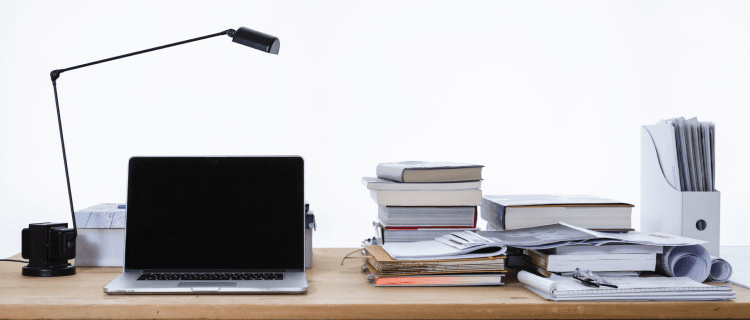Briefing Cases
Table of Contents
Briefing Cases
What does it mean to ‘brief a case’ and why do law students brief?
When you brief a case in law school, you are summarizing the facts, rule, rationale, holding, and result of an appellate opinion. You’re also adding notes, comments, and questions of your own.
Law students brief cases for a variety of reasons. Professor Paul Bateman, from Southwestern University School of Law, explained why briefing is important: “To participate fully in [the classroom] experience, the tool you need is a thoughtful brief to navigate through the day’s discussion. Furthermore, since comfort level in class is essential to your socialization to the study of law, a good set of case briefs for each class becomes an essential component for providing that comfort level. Moreover, your comfort level can be raised further once your briefs allow you to overcome one of the major causes of law student stress—lack of concrete feedback. A case brief provides a self-assessment tool that can help you monitor class discussion, and so provide you with feedback about your understanding of the legal concept being discussed.” (Paul Bateman, Ten Instructions for Briefing Cases)
But it doesn’t stop there. You brief cases to practice law. Lawyers brief cases—that is, they wrestle with court opinions to extract the rule of law, the rationale, the holding…just as they learned in law school…when they include cases in their persuasive writings (also called “briefs” or “memoranda”) to support an argument. When you brief a case, you are practicing doing what lawyers do.
Another reason to brief: Briefing is active learning. Canned briefs (prepared by commercial enterprises) include short summaries of cases, including the elements you will want to include in your own case brief. But someone else has done the work for you. Would you let someone lift weights for you if you were trying to build muscle, run for you if you were trying to get in shape for a marathon, or attend drama practice for you before opening night? Why let someone else do the difficult work for you as you prepare to practice law professionally?
The Beauty of Briefing
Throughout law school, you will be required to produce written material to be scrutinized by professors (appellate arguments, research papers, examination answers), but the fundamental writing activity produces a product no one but you will ever see. That activity is briefing.
Despite the fact that you are the exclusive audience for this writing, it is nevertheless the most important foundational writing you will do in law school. Strong brief-writing skills develop into strong exam-writing skills, and generate the strong writing skills excellent lawyers manifest.
Remember, lawyers with experience are reading and writing in a language in which they are fluent. As one just beginning on the career path, you are working toward that fluency. Before your reading and briefing capabilities are sharpened by practice, you can expect to experience difficulty comprehending and digesting the dense material you encounter in your casebooks. Try not to let that difficulty get in your way.

Commit to briefing the cases you are assigned. As time passes, you will become adept at this skill, and it will pay off not only during law school, but during the many years to come.
You’ll find a detailed section about reading and briefing cases beginning on page 25 of the third edition of 1000 Days to the Bar.

